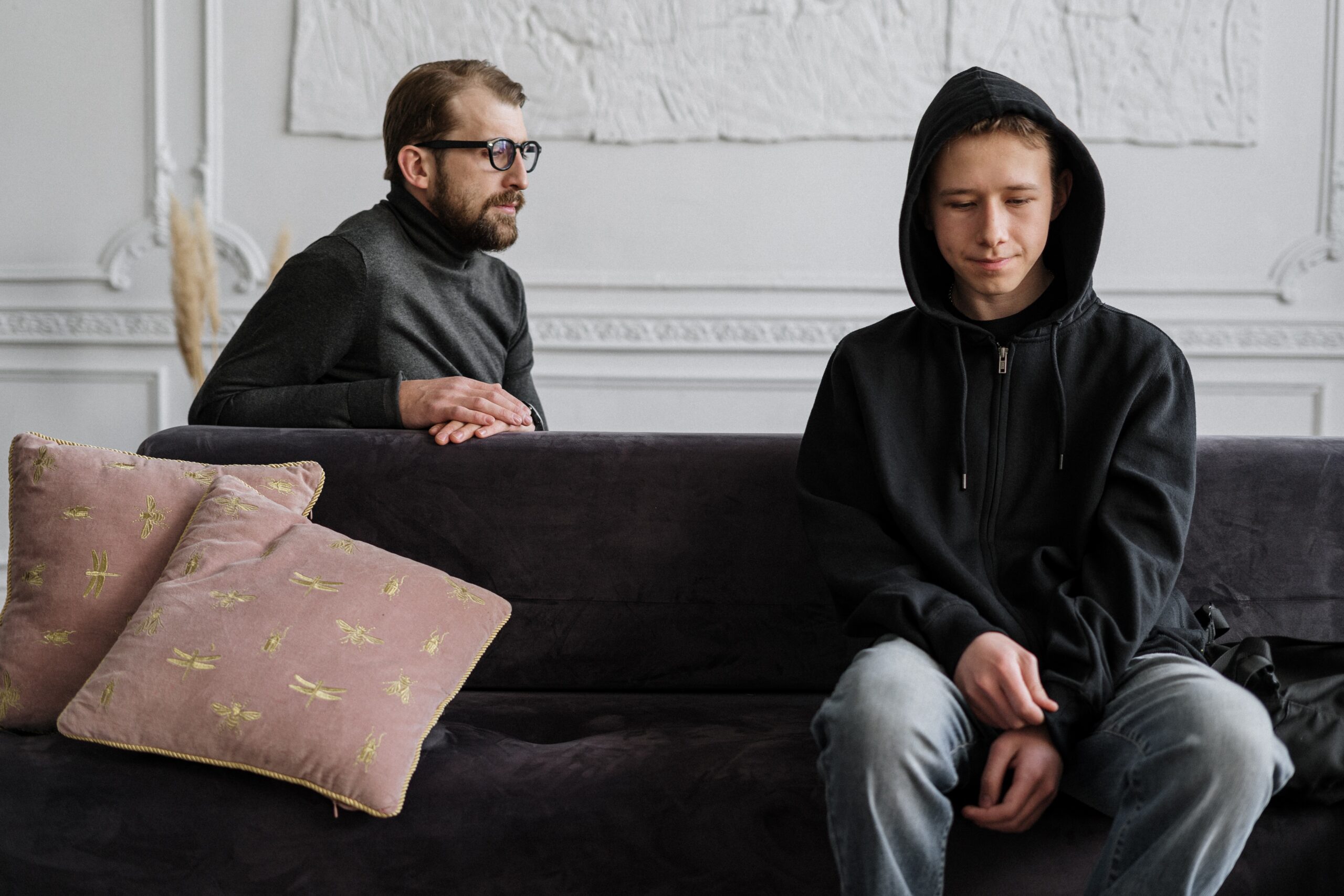
At the end of January of this year, the small community of Half Moon Bay experienced one of its most terrifying moments, when a man started a shootout at a couple of agricultural farms in the area, leaving 7 people dead. Just a few days ago, terror once again shook the country, when an attacker opened fire at a private school in Nashville, Tennessee, killing 6 people, three of them children.
It is impossible to cover the sun with a finger. When you turn on the television, the news reaches the little ones in the home and it is necessary to have a conversation with them to find out their fears and concerns, and, above all, to support them and help them understand what is happening.
In response, Dr. Victor Carrion, a child and adolescent psychiatrist at Stanford Medicine Children's Health and director of Stanford's Early Life Stress Research Program, and Hilit Kletter, a child and adolescent psychologist at Stanford Medicine and director of the Clinic of Stress and Resilience, provided suggestions on how to help children process these tragedies.
How do you recommend that parents have a conversation with their children?
Hilit Kletter, asked to take into account the level of development of the child and find a time that you can really spend talking to your child about it.
“For younger children, it is important to focus on the reassurance of safety. For older children, you can ask what they've heard, what they think, correct any misinformation, and let them ask questions."
In this sense, he stressed that it is important to create an environment that allows children to express their emotions and help them filter the information.
What are some of the possible psychological effects on children who hear or see information on the news?
For psychiatrist Victor Carrion, children can worry about their own safety. "If they're preschoolers, first graders, and second graders, they may even be concerned about whether their family is safe."
In addition, he said, because the images and videos are now so prevalent on multiple platforms, the psychological effect on the child may be the same as if they were at the scene of the incident, including increased risk of symptoms of anxiety disorder. posttraumatic stress.
Limiting exposure to these images, she explained, either by turning off the news or cutting back on social media use, can help protect children.
What are some signs that a child may need extra help?
"Parents should watch for behavior changes, such as increased attachment in a preschooler, complaints of headaches or stomachaches in a young child, or withdrawal in an adolescent," Carrion said.
The specialist stressed that irritability, greater susceptibility to crying and difficulty sleeping are some of the symptoms that should alert if they persist for more than a month.
“All of these behaviors are often a clue that a child needs help. If you notice these signs, I recommend taking them to their pediatrician or a mental health specialist," he added.
How can parents manage their own stress?
Psychologist Kletter explained that when events like these happen, there are things you can do, like focusing on what's in your control and using coping skills like: finding social support among family and friends; get enough sleep and exercise; eat; properly; and make a list of things that help you relax.
The specialists provided a list of additional resources:
American Academy of Child and Adolescent Psychiatry: Facts for Families
National Child Traumatic Stress Network (NCTSN): Talking to kids about the shooting
Stanford Medicine Early Life Stress and Resilience Program
Remember that there is a disaster help line from the Substance Abuse and Mental Health Administration ?SAMHSA?, and you can call or text 1-800-985-5990 to connect with a trained counselor 24/7/365 anus.
You may be interested in: Nashville school shooting leaves three children, three adults dead


